The Mennonites of Bolivia
This insular agricultural community just wants to be left alone... in the tropical jungles of South America

published
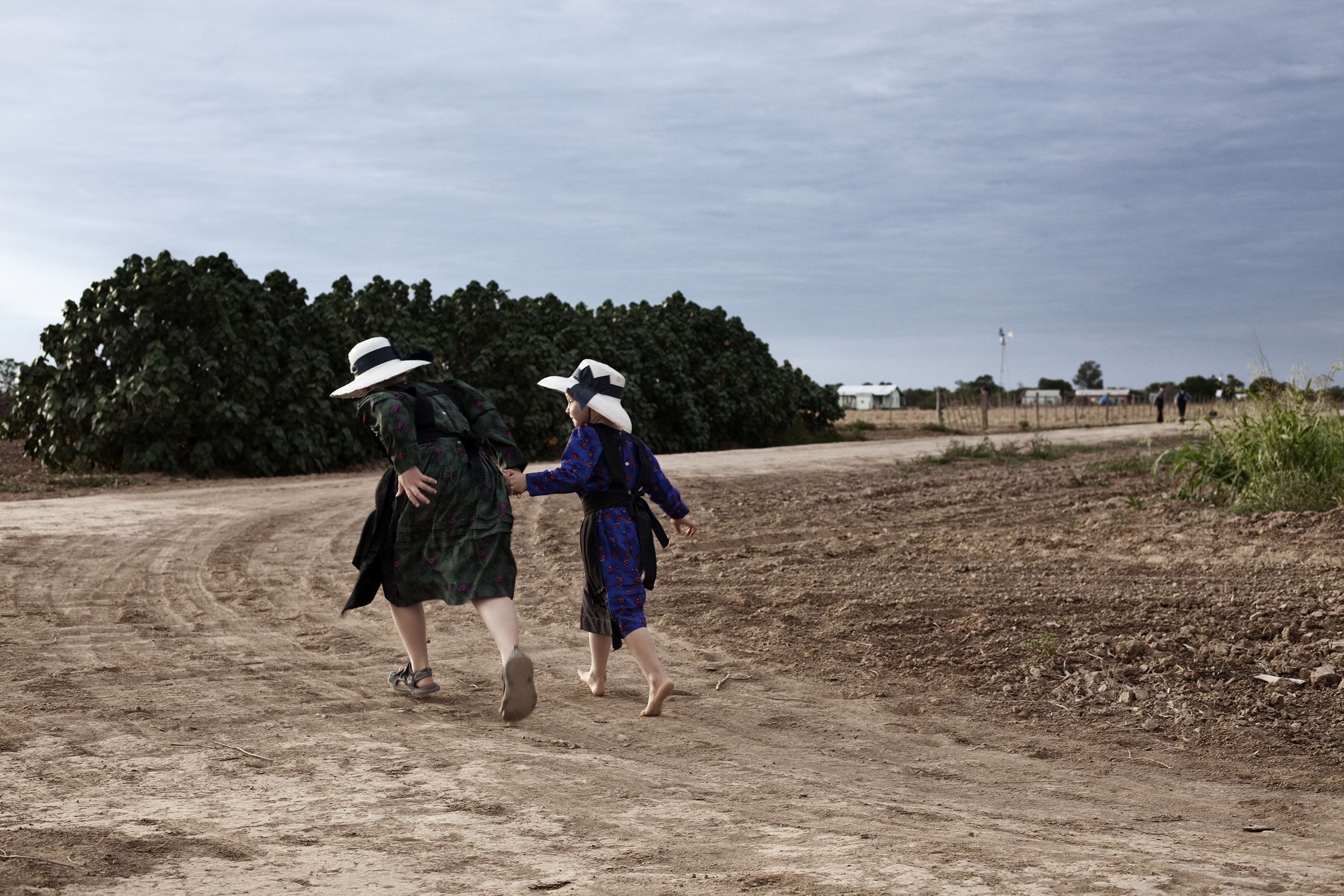
Follow us
Add us as a preferred source on Google
Get the The Week Newsletter
A free daily email with the biggest news stories of the day – and the best features from TheWeek.com
By submitting your information you agree to the Terms & Conditions and Privacy Policy and are aged 16 or over.
You are now subscribed
Your newsletter sign-up was successful
An account already exists for this email address, please log in.
Subscribe to our newsletter
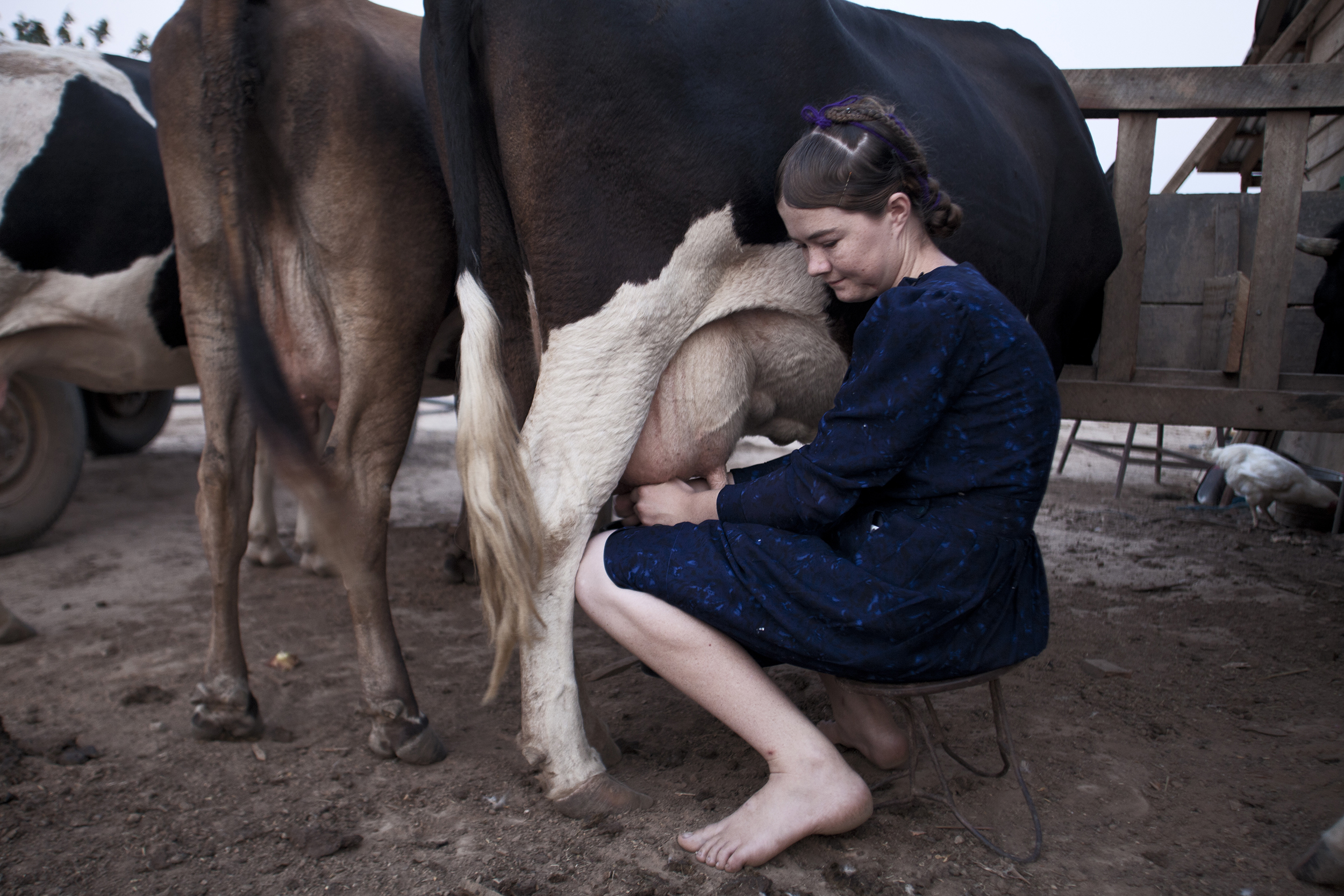
(Image credit: (Jordi Ruiz Cirera)Mennonites are a reclusive and insular sect of Christians who don't participate in politics or much of contemporary society, eschewing modern conveniences like electricity)
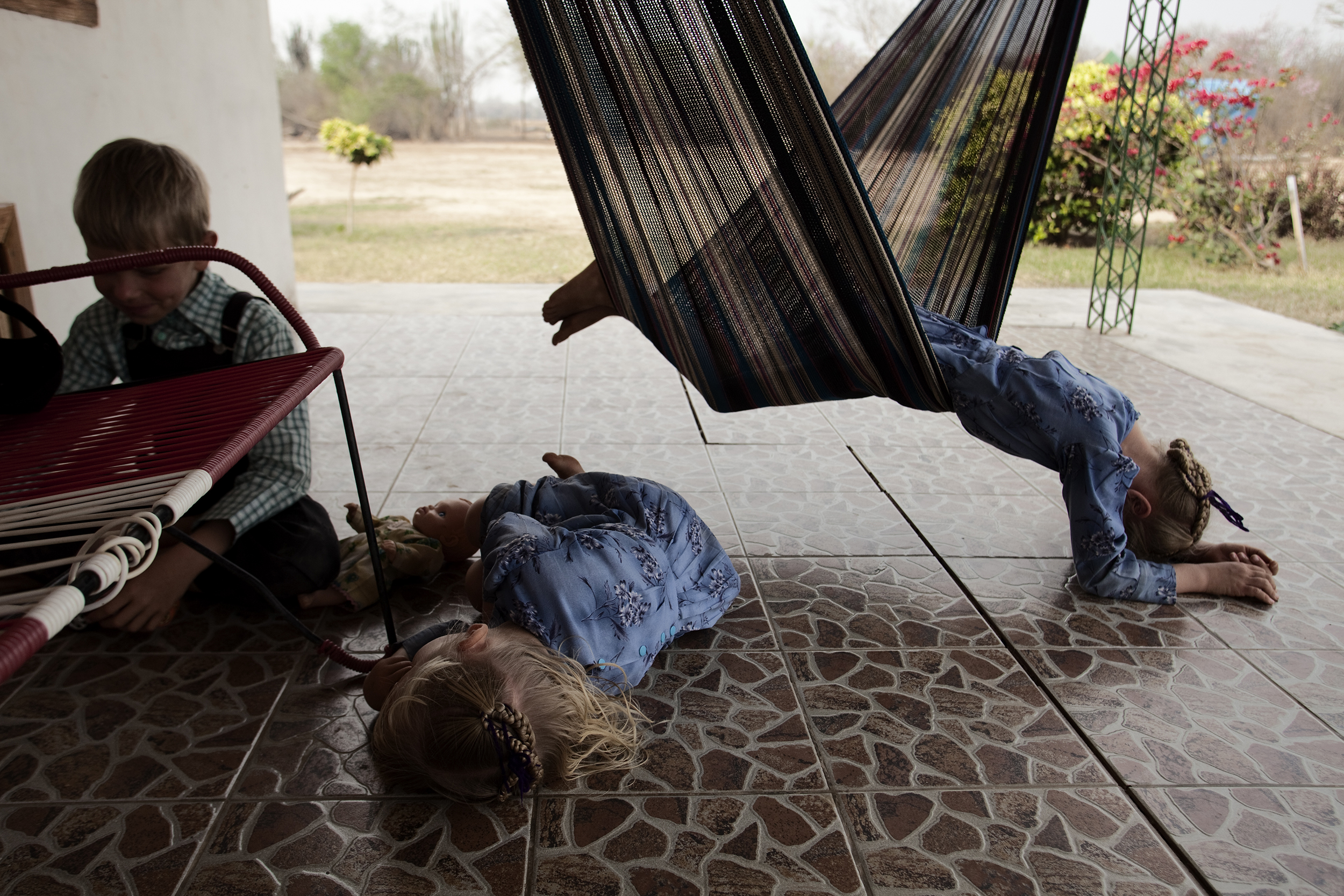
(Image credit: (Jordi Ruiz Cirera)The Bolivian Mennonites, known as Los Menonos, migrated to the region about 50 years ago. Today, the once-desolate area is populated by about 70,000 people spread across 75)
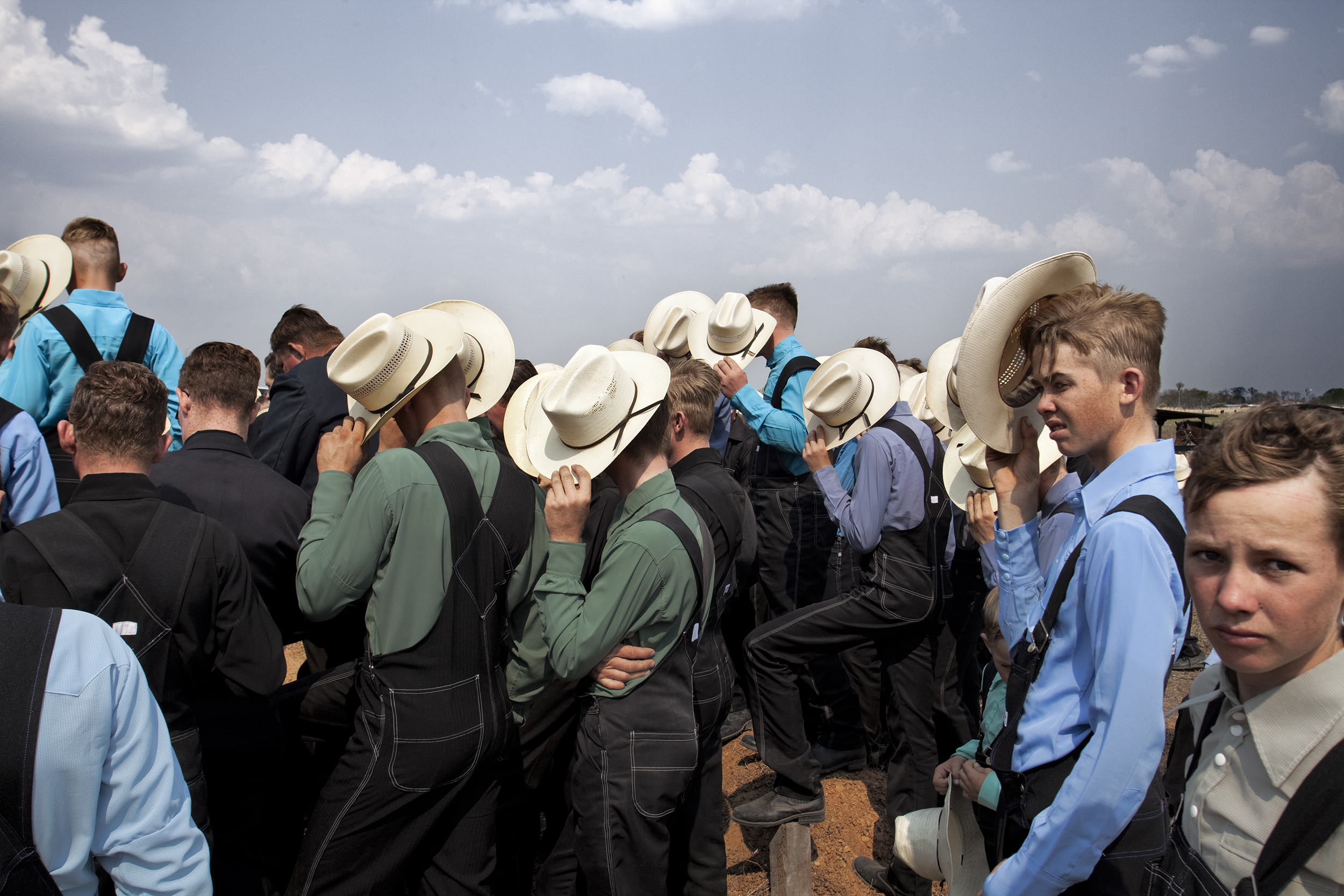
(Image credit: (Jordi Ruiz Cirera))
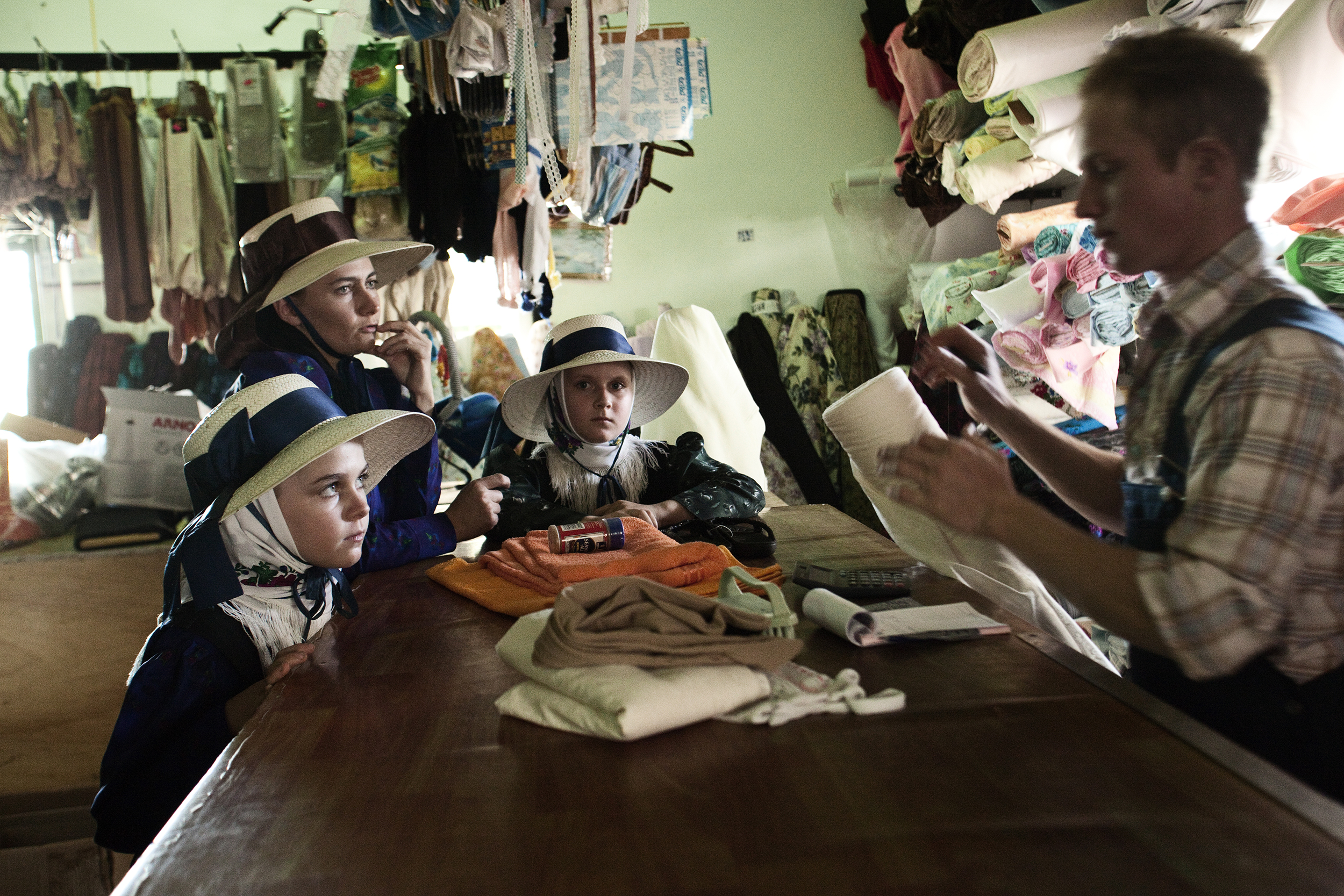
(Image credit: (Jordi Ruiz Cirera))
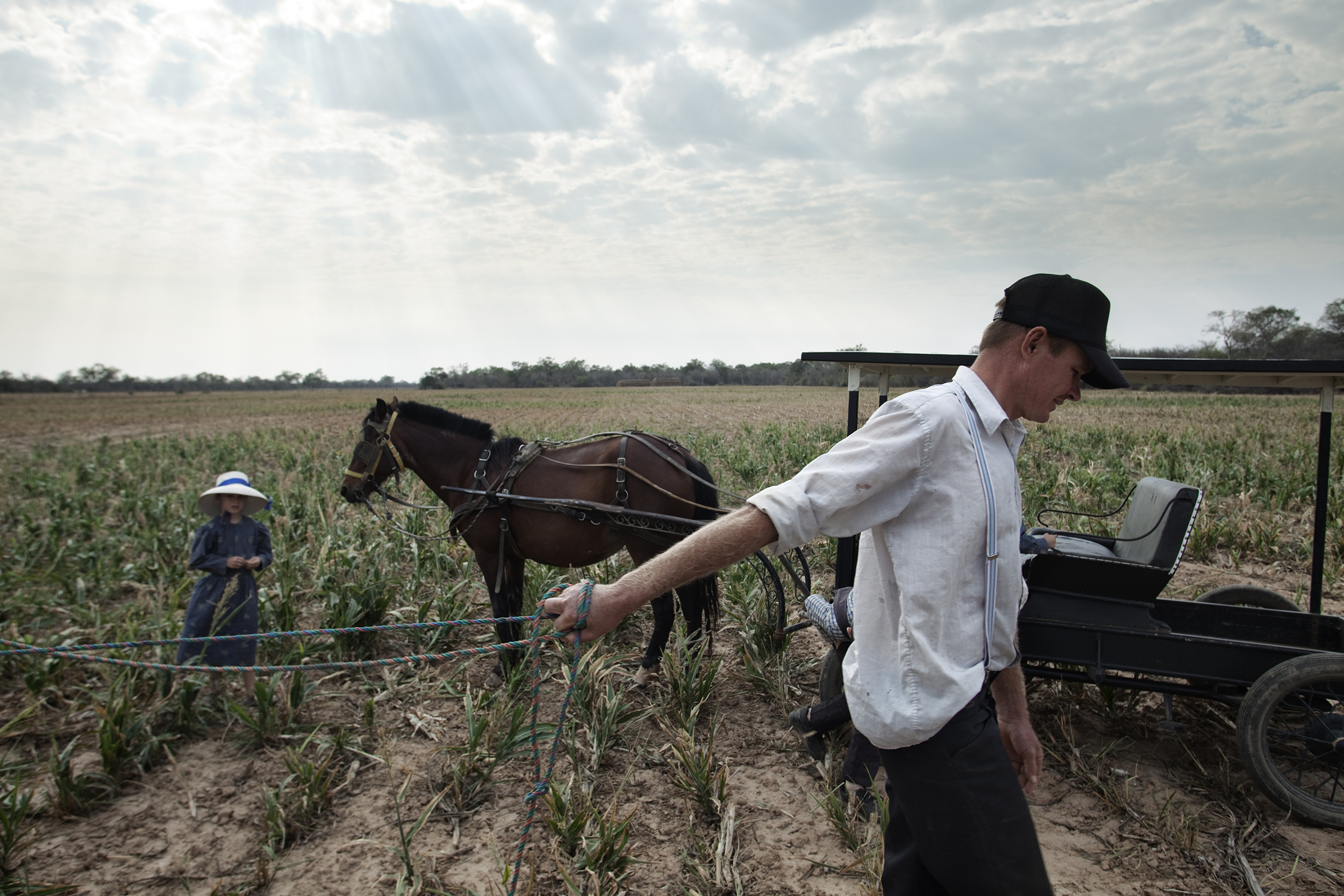
(Image credit: (Jordi Ruiz Cirera))
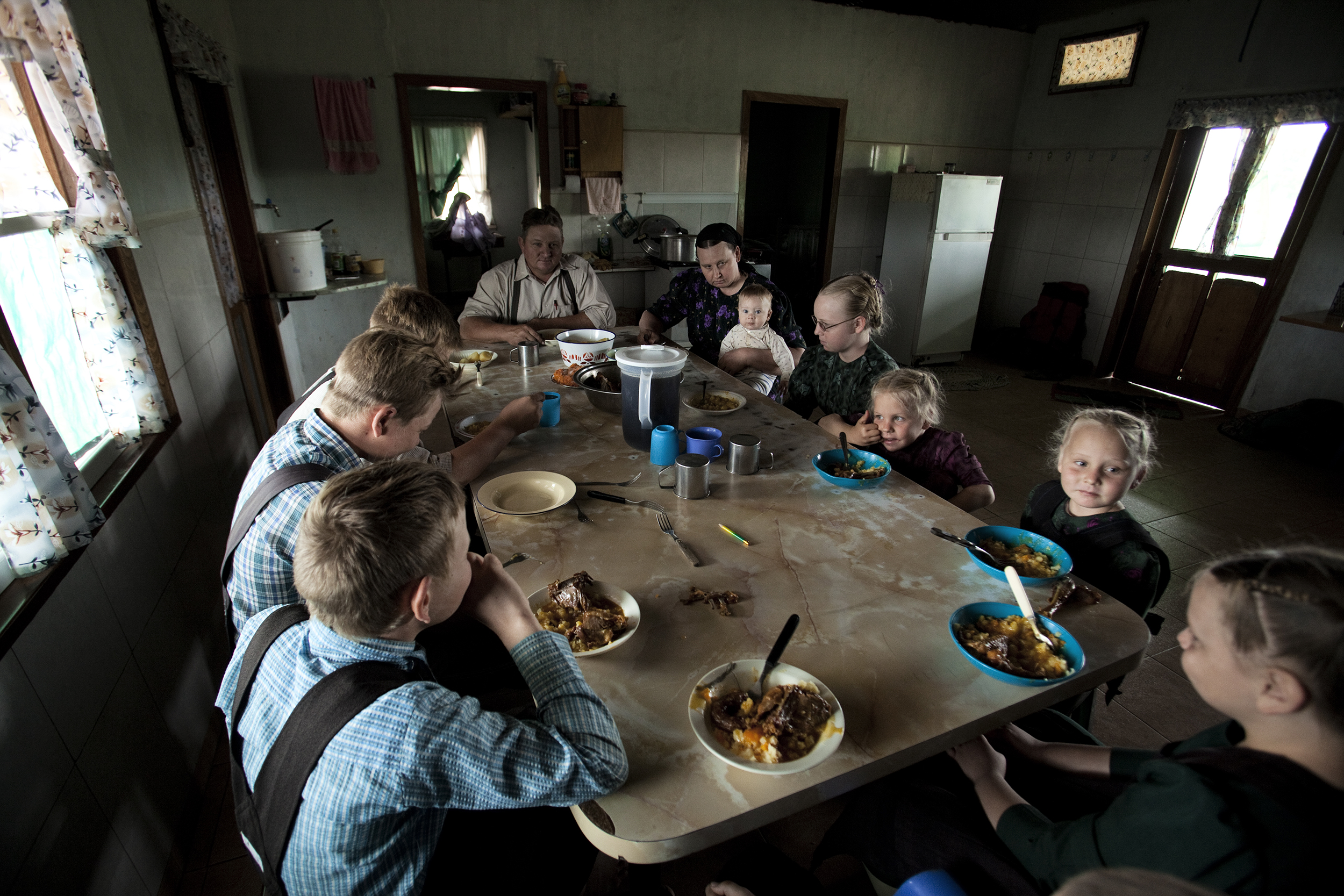
(Image credit: (Jordi Ruiz Cirera))
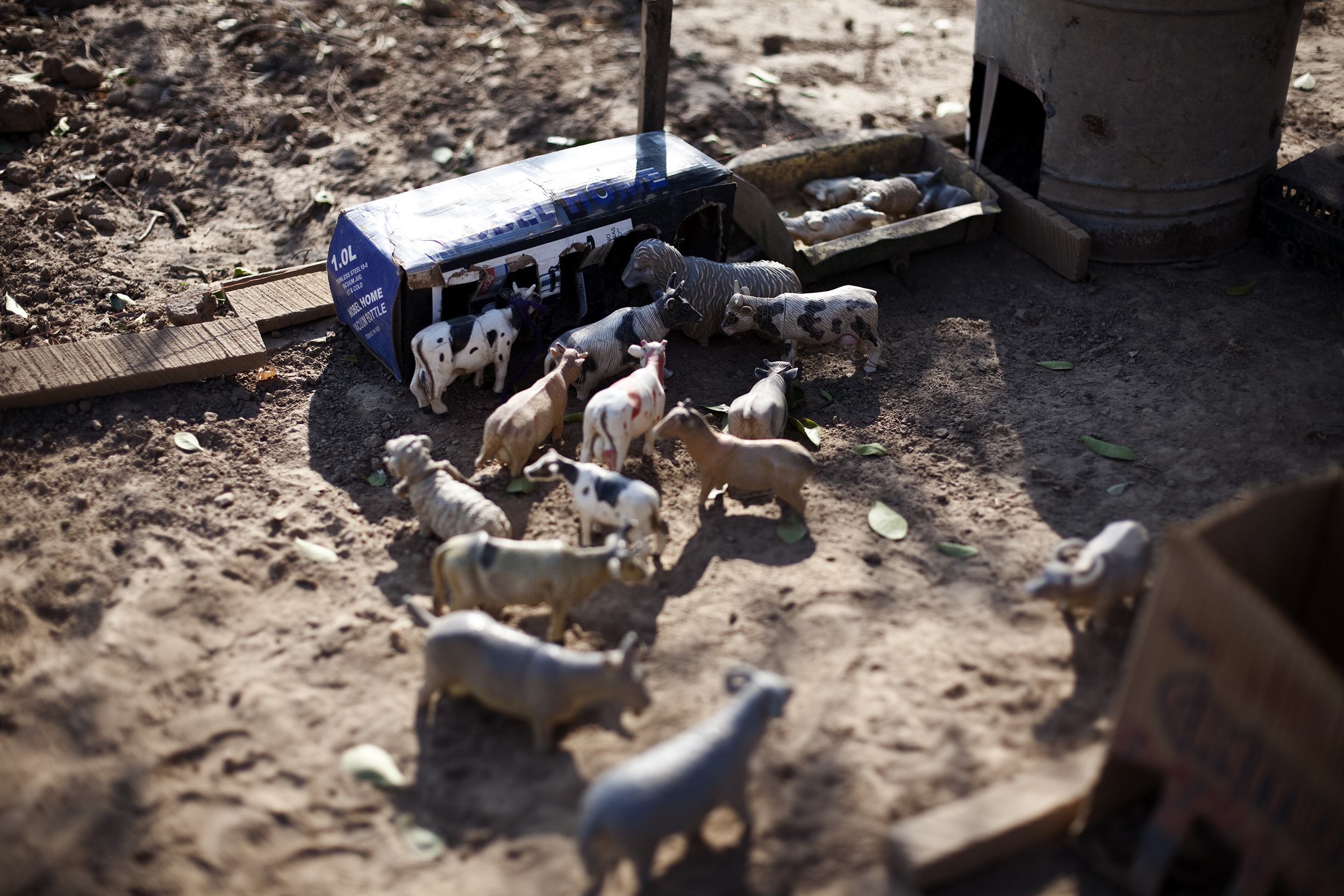
(Image credit: (Jordi Ruiz Cirera))
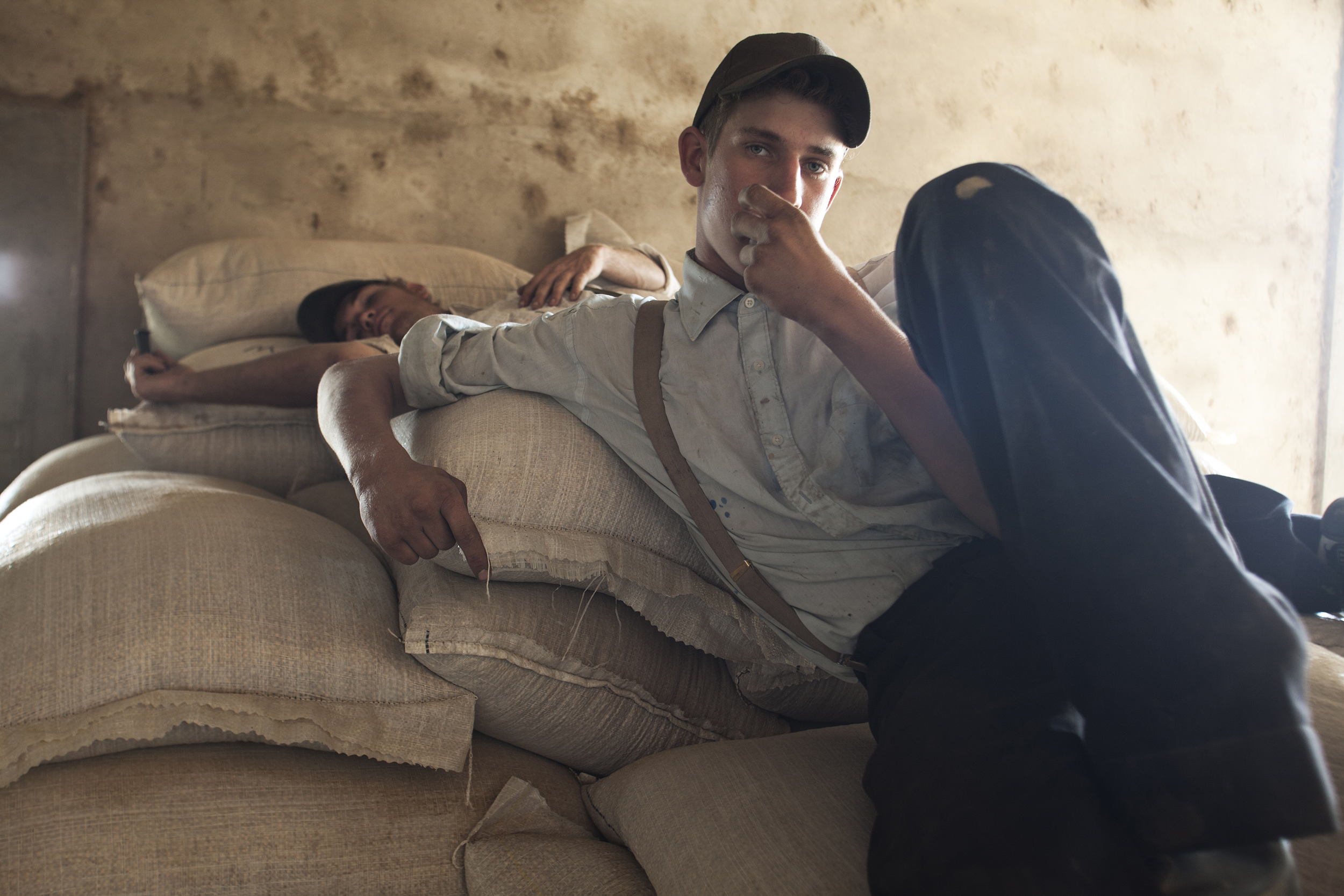
(Image credit: (Jordi Ruiz Cirera))
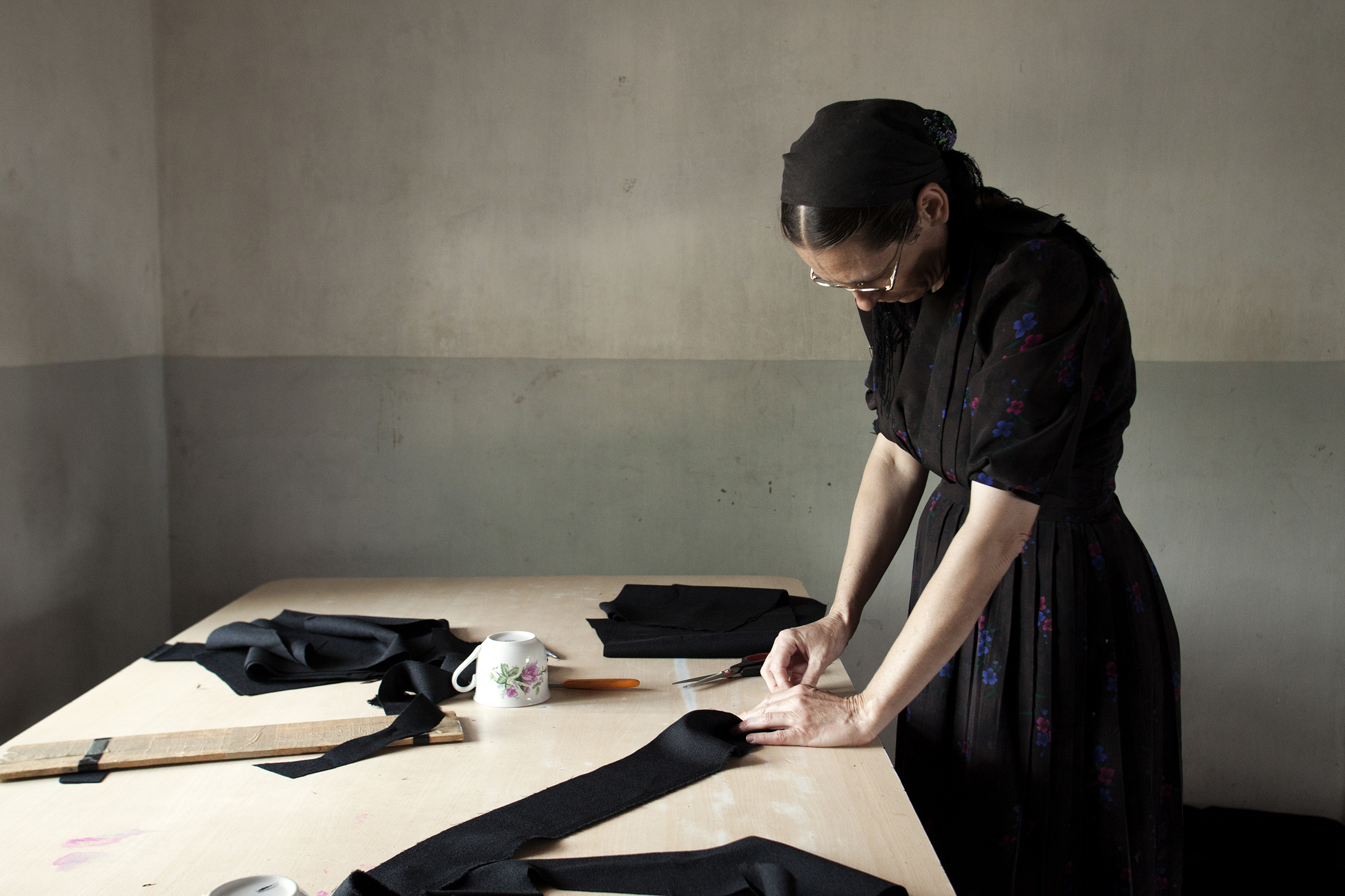
(Image credit: (Jordi Ruiz Cirera))
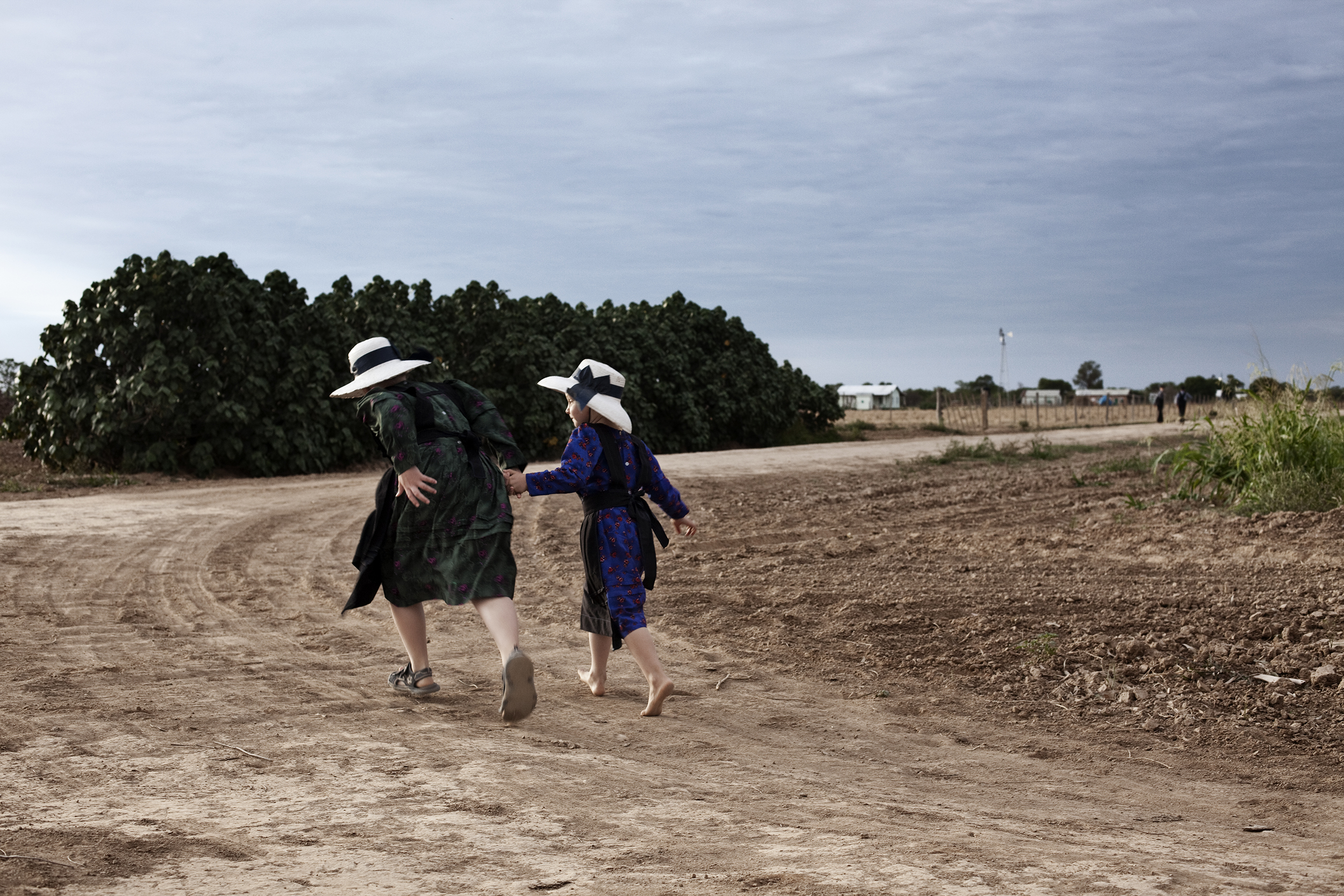
(Image credit: (Jordi Ruiz Cirera)**To see more from this story and others by Jordi Ruiz Cirera, check out his website and Instagram. Cirera's book on the project, Los Menonos, is also available.**)
Sign up for Today's Best Articles in your inbox
A free daily email with the biggest news stories of the day – and the best features from TheWeek.com
Jackie Friedman is the assistant photo editor at TheWeek.com. She is a graduate of the photojournalism program at Kent State University and now lives in New York.
-
 AI surgical tools might be injuring patients
AI surgical tools might be injuring patientsUnder the Radar More than 1,300 AI-assisted medical devices have FDA approval
-
 9 products to jazz up your letters and cards
9 products to jazz up your letters and cardsThe Week Recommends Get the write stuff
-
 ‘Zero trimester’ influencers believe a healthy pregnancy is a choice
‘Zero trimester’ influencers believe a healthy pregnancy is a choiceThe Explainer Is prepping during the preconception period the answer for hopeful couples?